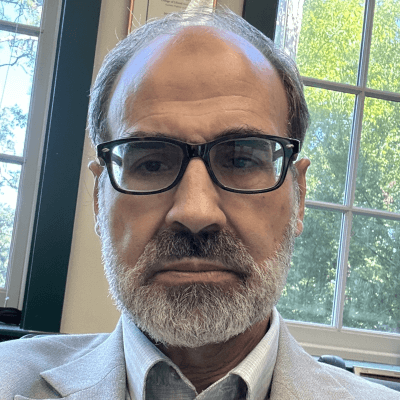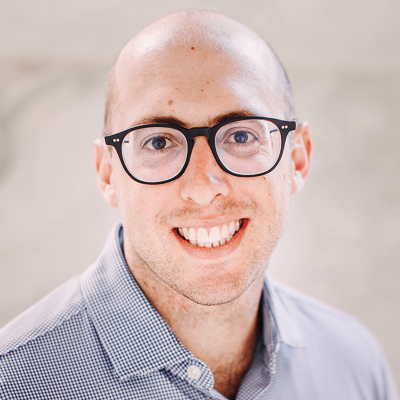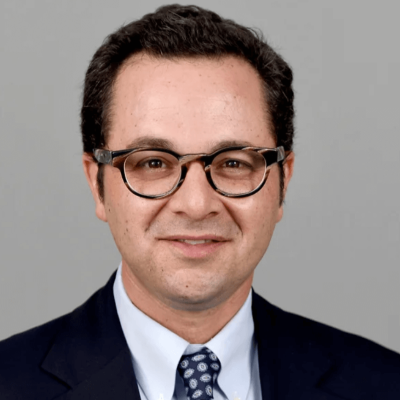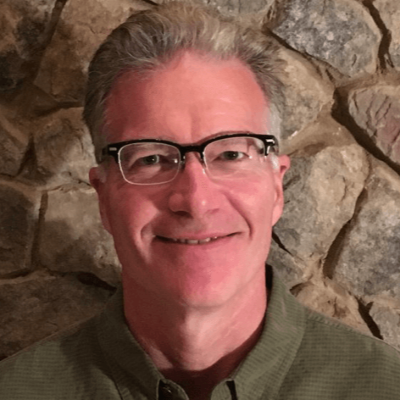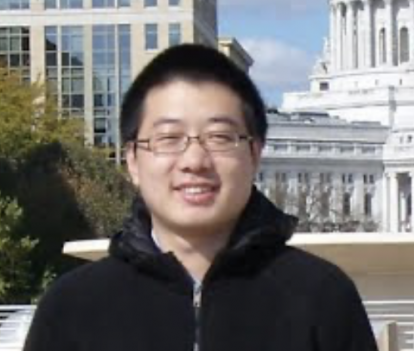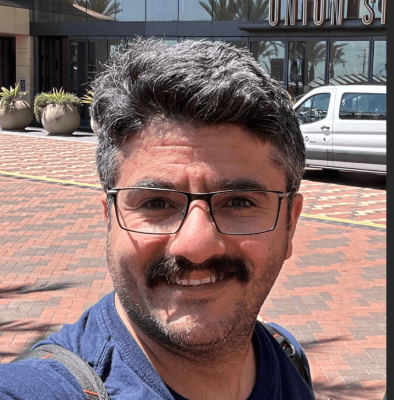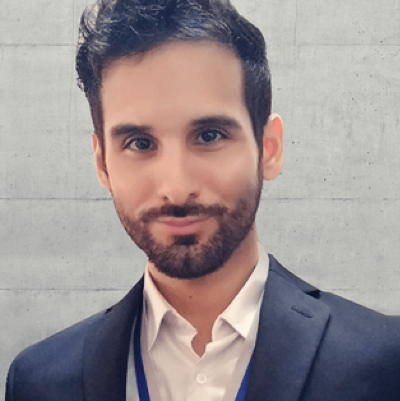Faculty
Professor Arfi’s research agenda cuts across world politics, comparative politics, methodology, political and social theory, and extend into philosophy and humanities. My research has so far specifically spanned the study of international relations theory, inter-ethnic politics and security, fuzzy logic methodology, game theory, social theory, religion and democracy, deconstruction approach to social theory, and Lacan’s theory of psychoanalysis approach to social theory. More recently, I launched two new research projects: one applying tools of artificial intelligence (AI) – such as deep machine learning and topological data analysis (TDA) – in social sciences, and a second one applying the approach of constructive meta-mathematics known as category theory to build a framework for theorizing international relations and social theory.
Professor Rosenberg studies international relations with substantive research interests in race and racism in international politics, global inequality, migration policy, forced displacement, and international order. Articles on racial bias in international migration, visa waivers, gender and religious discrimination in government bureaucracies, deportability, and asymmetric hypotheses have appeared or are forthcoming in the American Journal of Political Science, Political Analysis, International Studies Quarterly, the Journal of Peace Research, and Security Dialogue.
Professor Siroky studies conflict, cooperation and collective action in politics and economics. Most of this work has focused on three substantive areas: (1) nationalism, particularly its separatist and irredentist strains; (2) the dynamics of insurgency and counterinsurgency; and (3) the politics and international relations of Eastern Europe and Eurasia. He is also engaged in research on methodology, and has mainly worked on (1) big data and machine learning, including algorithmic modeling (e.g., Random Forests and GBDT) along with text mining (e.g., NLP), (2) computational modeling (e.g., complex systems and microscale models), and (3) causal inference with unobtrusive experimental techniques (e.g., endorsements, RRM, UCT).
Professor Thiele teaches political theory in the Department of Political Science and serves as Director of Sustainability Studies, an undergraduate Major and Minor at UF. He is also Director of the Center for Adaptive Innovation, Resilience, Ethics and Science (UF CAIRES), overseeing its Active Learning Program of experiential education for undergraduates. His interdisciplinary research and teaching focuses on political thought, sustainability, emerging technologies, and the intersection of political philosophy and the natural sciences.
Professor Wang studies international and comparative political economy with a focus on the complex interactions among globalization, international institutions, and domestic governance. Now he is completing a book that examines how states adapt their policy-making to evolving conditions under globalization in order to preserve autonomy. His research appears in International Studies Quarterly, New Political Economy, Political Research Quarterly, Social Science Quarterly, and Conflict Management and Peace Science, among others. Some of his work also concerns aspects of Chinese politics and foreign policy.
Graduate Students
Bagriyanik’s academic specialization encompasses political methodology as his primary field and comparative politics as his minor field. H is working on his dissertation, which focuses on Topological Data Analysis (TDA). His research seeks to expand the application of TDA within Political Science and further into various domains of social sciences. Mu has a keen interest in Machine, Learning, Deep Learning, Causal Inference, and Bayesian Statistics. As a Data Analyst Graduate Assistant in the Human Resources Department at the University of Florida, Mu has completed numerous projects utilizing Machine Learning and other advanced methodologies.
Nicholas Cole studies American politics and political methodology. His research seeks to understand how psychological factors, public policy decisions, and cutting-edge AI technologies converge to shape the dynamics of American politics. He is deeply interested in applying innovative methodological approaches to explore different dimensions within his areas of focus.
